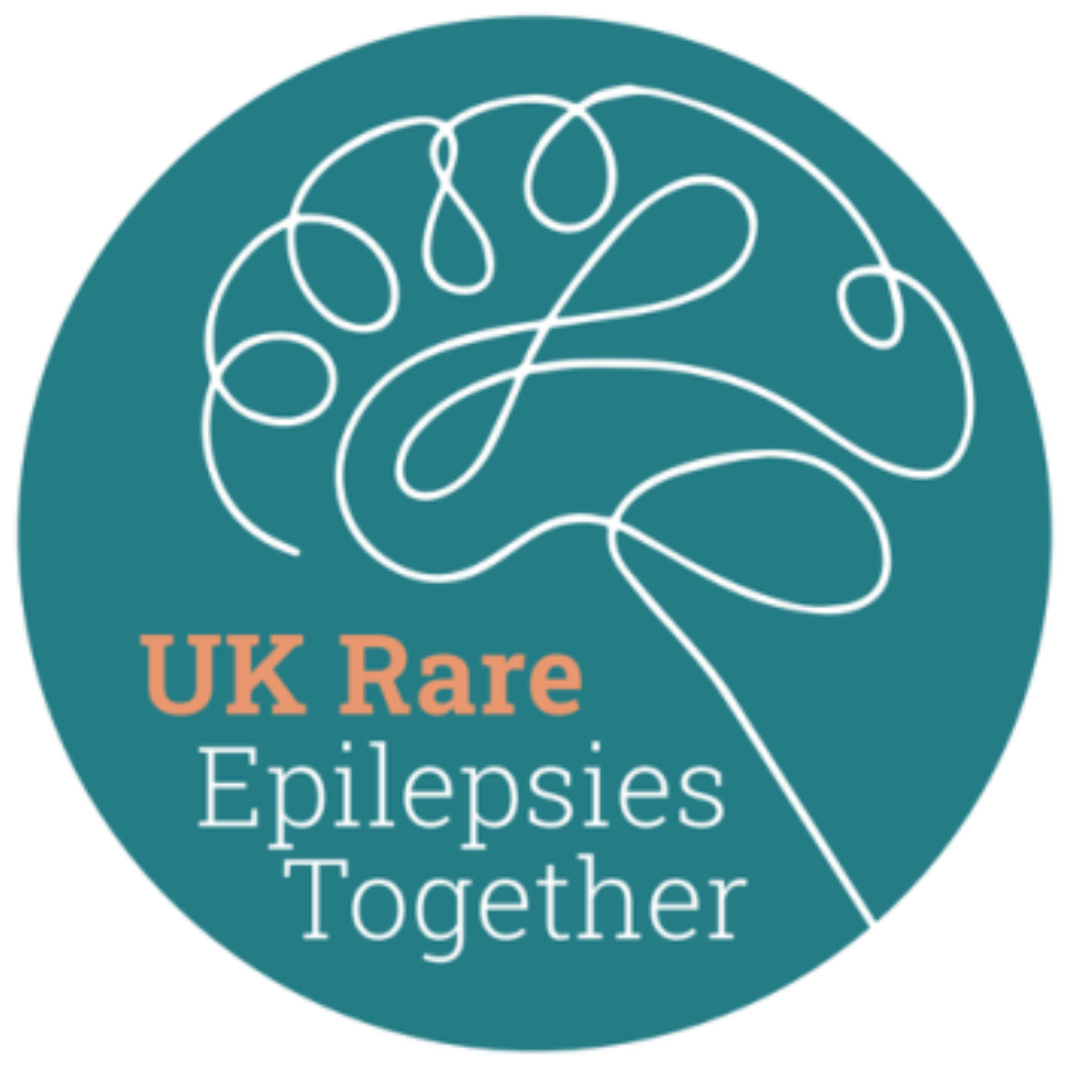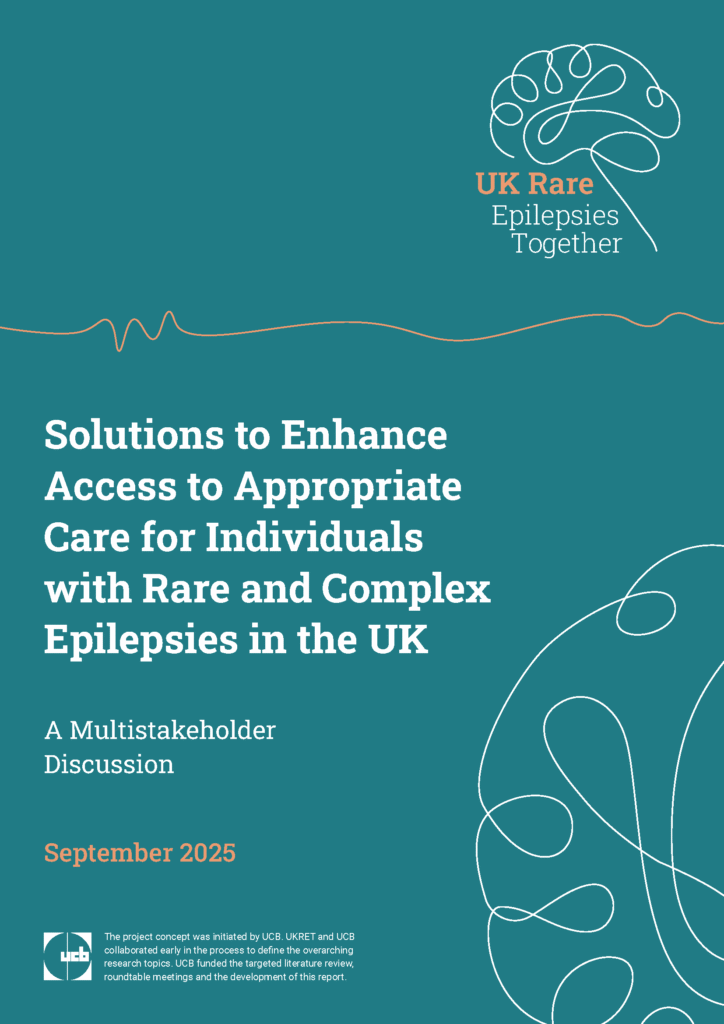Solutions: Overarching Themes
To increase effective collaboration between HCPs.
To streamline and optimise existing care pathways.
To increase education and engagement for HCPs.
To increase education and engagement for individuals with rare and complex epilepsies and their families.
To improve paediatric-to-adult care transitional support.
 Case for change – Full Report
Case for change – Full Report Case for change – Executive Summary…coming soon
Case for change – Executive Summary…coming soon Case for change – Recommendations Summary…coming soon
Case for change – Recommendations Summary…coming soon
Feel free to download any of the PDFs above, or if you require any of these in print we can supply copies to you on request
Executive Summary
Individuals with rare and complex epilepsies and their families face many challenges in accessing appropriate care in the United Kingdom (UK). Greater attention to these issues is required in medical practice and social care to raise awareness and develop solutions aimed at improving access to high-quality care. UK Rare Epilepsies Together (UKRET), a network of patient support groups and charities, aimed to characterise current challenges in accessing high-quality care and identify associated solutions, through engagement with a variety of stakeholders involved in the care and management of individuals with rare and complex epilepsies in the UK.
A targeted literature review (TLR) was first conducted to gain an initial understanding of the documented challenges surrounding access to care for individuals with rare and complex epilepsies. Within the TLR, 26 materials were prioritised for extraction, with only one material specific to individuals with rare epilepsies within the UK, highlighting a substantial gap in the current evidence around the challenges faced by individuals and their families in the UK.
The TLR was augmented by a ‘challenges’ roundtable which gathered deeper insights around these challenges from a group of individuals with lived experiences, both personal and from their respective communities. Key challenges regarding diagnosis, treatment and co-ordination of care, including delayed diagnosis, limited availability of effective treatment, poor co-ordination of care and lack of support during the paediatric-to-adult transition were included. Participants specifically emphasised the importance of being heard by healthcare professionals (HCPs) and the need for improved support systems for individuals and families.
Finally, the findings from the ‘challenges’ roundtable informed the discussions of a ‘solutions’ roundtable which sought to determine solutions to the identified
challenges. The roundtable discussions generated a variety of actionable solutions that would improve access to high-quality care for individuals with rare and complex epilepsies and their families within the UK. These discussions culminated in the identification of three groups of key stakeholders: HCPs, patient advocacy groups (PAGs) and individuals with rare and complex epilepsies and their families, who could action solutions belonging to themes outlined below.
Stakeholders can use this report to spark discussions and implement key actionable solutions to drive change in order to improve the quality of care provided in the UK.

